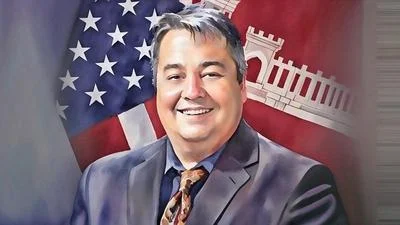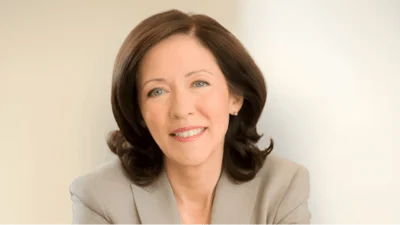Dear Mr. Dodaro:
According to the Centers for Disease Control and Prevention, 23 people have died and more than 280 people have been sickened with fungal meningitis linked to tainted vials of an injectable steroid produced by the New England Compounding Center (NECC), based in Framingham, Massachusetts.[1] As the number of cases continues to climb, news accounts report that NECC may have shipped more than 17,000 vials of this contaminated drug product to 23 states.[2]
It is our understanding that NECC was operating as a “pharmacy compounder," meaning that it engaged in the process of mixing, combining, or altering ingredients for drug products on a customized basis for individual patients. While pharmacy compounders play an important role in providing patients with specialty products and dosages not easily available from manufacturers, the large volume of drug products sold by NECC raises questions about its proper classification. In addition, there are serious questions about the oversight of pharmacy compounders because they are subject to a patchwork of state and federal regulations, as well as conflicting legal opinions.
In 2003, the Government Accountability Office issued a report entitled State and Federal Oversight of Drug Compounding by Pharmacies that summarized the state of the law nine years ago. GAO reported:
[T]he ability of states to oversee and ensure the quality and safety of compounded drugs may be affected by state-specific factors such as the resources available for inspections and enforcement. FDA maintains that drug compounding activities are generally subject to FDA oversight, including its authority to oversee the safety and quality of new drugs. In practice, however, the agency generally relies on states to regulate the limited compounding of drugs as part of the traditional practice of pharmacy. In 1997, the Congress passed a law exempting drug compounders that met certain criteria from key provisions of the Federal Food Drug and Cosmetic Act (FDCA), including the requirements for the approval of new drugs. These exemptions, however, were nullified in 2002 when the United States Supreme Court ruled part of the 1997 law to be an unconstitutional restriction on commercial speech, which resulted in the entire compounding section being declared invalid.[3]
We are writing to request that GAO update its work on pharmacy compounding in the following ways:
1. We ask that GAO work with state Boards of Pharmacy as part of its own review to determine the size of the pharmacy compounding industry, including the number of licensed pharmacies currently engaging in compounding, as well as general information about the volume of drug products they sell on an annual basis.
2. We ask that GAO conduct a review of state laws and regulatory authority over pharmacy compounders, as well as specific enforcement actions, and describe any challenges they face in effectively exercising authority over these entities.
3. We ask that GAO assess whether any gaps exist between state and federal regulatory systems in terms of the authorities exercised by state regulatory agencies and the Food and Drug Administration.
In addition to these issues, we would appreciate any additional information that GAO identifies as relevant to the administration and oversight of compound pharmacies. If you have any questions about this request, please contact Una Lee or Chris Knauer (202) 225-5051.
Sincerely,
Elijah Cummings John Tierney
Ranking Member Ranking Member
Committee on Oversight and Subcommittee on National Security
Government Reform Homeland Defense and Foreign Operations
cc: The Honorable Darrell E. Issa, Chairman
Committee on Oversight and Government Reform
The Honorable Jason Chaffetz, Chairman
Subcommittee on National Security, Homeland Defense and Foreign Operations








